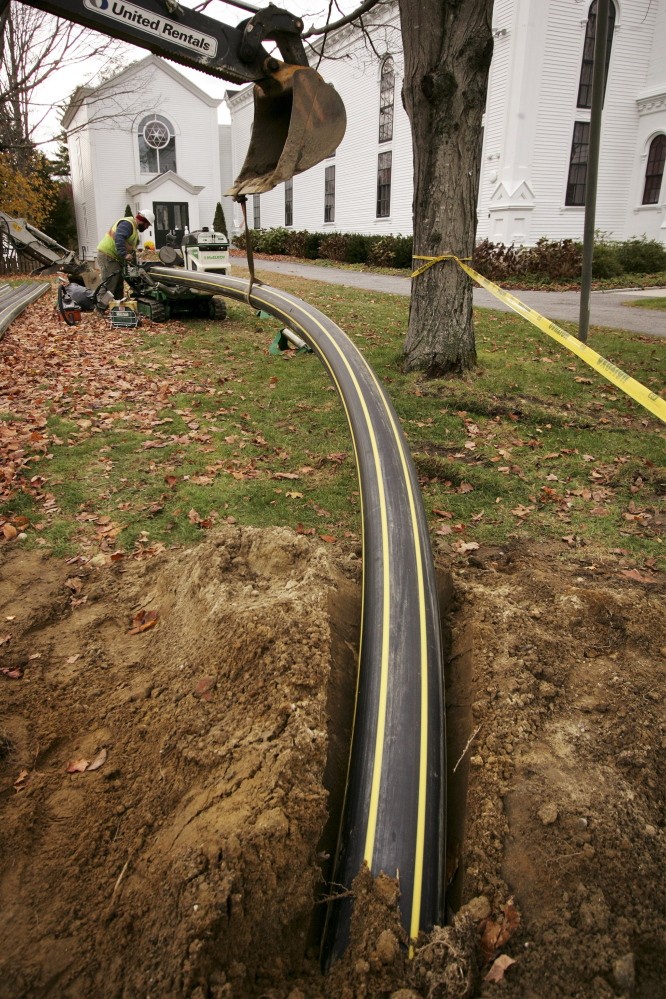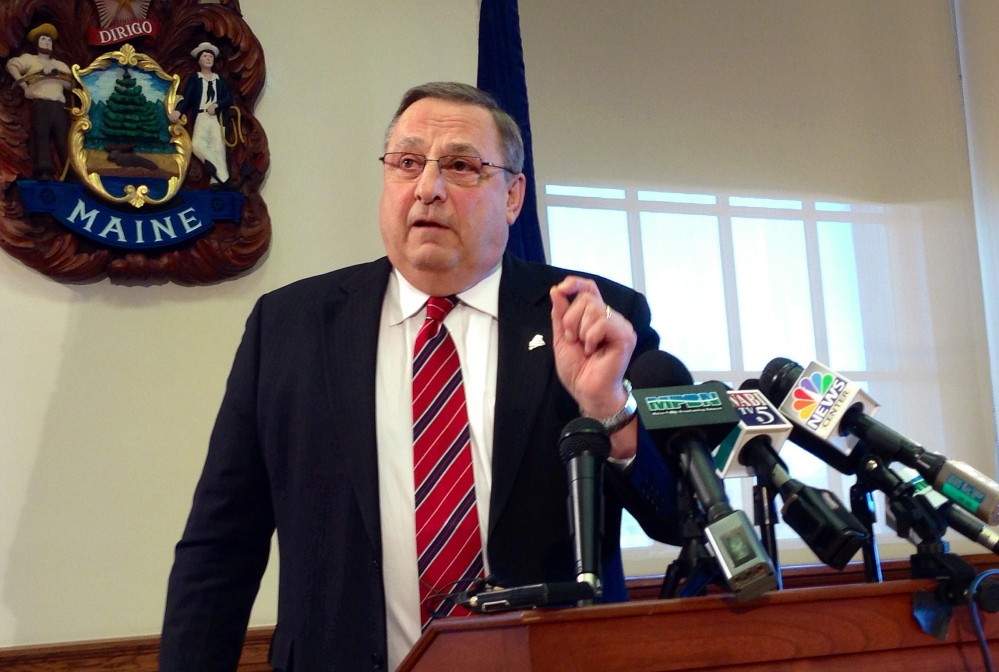LePage and head of Maine housing authority oppose bond for senior housing The Portland Press
Post on: 16 Апрель, 2015 No Comment

Gov. Paul LePage and the head of the Maine State Housing Authority issued written statements Thursday opposing a bipartisan effort that would build 1,000 units of much-needed affordable senior housing across Maine and create hundreds of construction-related jobs in the process.
The governor and the authoritys director issued the statements shortly after a coalition representing 159 companies and organizations delivered a letter to the State House urging support for a proposed $65 million bond bill to help fund the senior housing initiative.
The bill, which is in the final stages of being drafted and has gathered strong support from Republicans and Democrats, is co-sponsored by House Speaker Mark Eves, D-North Berwick, and Sen. David Burns, R-Whiting, both of whom are promoting legislative initiatives for seniors.
The bill aims to address a current need for more than 9,000 units of affordable rental housing for older Mainers, according to a recent report from the Maine Affordable Housing Coalition. Because Maines senior population is growing fast, the state will need 15,000 units by 2022 if little is done to address the dearth of affordable housing for older residents, according to experts in the field.
In his written statement, Le-Page, a Republican, said the coalitions report inflates the need for affordable senior housing because it counts people age 55 and older, rather than 65 and older. A 2011 report by the Maine State Housing Authority projected a need for 8,200 affordable senior housing units by 2015 for Mainers 65 and older.
QUESTIONS AND CRITICISM
LePage also questioned the bills plan to build senior housing in all 16 counties, including rural areas where it might not be financially viable. And he criticized the bills plan to issue general obligation bonds, saying that would be placing the state in deeper debt and putting additional burden on the backs of Maine taxpayers.
LePage said he supports the balanced approach that the Maine State Housing Authority has taken so far with resources it already has, including low-income housing tax credits and federally backed, tax-exempt bonds issued by the authority.
In recent years, the authority has helped fund an average of 134 subsidized senior housing units completed each year. The numbers would have been higher, but LePage stopped signing bonds issued by the authority in 2011 and 2012 in an effort to control the states debt, though the bonds are widely considered a helpful federal subsidy and a good, low-risk investment for private investors.
John Gallagher, director of the state housing authority, backed the governor in a separate statement.
We believe the senior housing issue is more complex than an effort to create 1,000 senior housing units in all of Maines 16 counties, Gallagher said.
The bipartisan bond proposal has won statewide support from the Maine chapter of the Associated Builders and Contractors, the Maine Real Estate & Development Association and 157 other organizations, agencies and housing-related businesses.
Eves and Burns have been promoting the $65 million bond bill as a way to make a dent in a rapidly growing need. Maine has the highest median age – 43.9 years – and the second-highest proportion of people age 65 and older – 17.7 percent. Only Floridas is higher at 18.6 percent, according to the U.S. Census.

BABY BOOMERS MAGNIFY CHALLENGES
Maine also has the nations highest proportion of baby boomers – 29 percent of its 1.3 million residents were born between 1946 and 1964 – and theyre turning 65 at a rate of 18,250 a year, according to AARP Maine. By 2030, more than 25 percent of Mainers will be 65 or older, magnifying the already serious challenges facing seniors and their communities.
Maine also has some of the oldest housing stock in the nation and little public transportation in a largely rural landscape. Many seniors live in homes that exceed or dont meet their needs and are too expensive, difficult to maintain and far from community centers.
As a result, many older Mainers are isolated from friends and loved ones, subject to debilitating falls and illnesses, and more likely to wind up in assisted living facilities or nursing homes that increasingly depend on Medicaid and Medicare.
Eves said Thursday evening that given the growing need, he was disappointed by the statements from LePage and Gallagher but hopeful that he can convince them to take stronger action now and support the bipartisan bond proposal.
It has not put a damper on my optimism in working with my Republican and Democratic colleagues to make sure we provide more safe, energy efficient and affordable housing options for our seniors, Eves said. Every elected official knows this is a need that must be addressed and we must do it now.
This story was updated at 7:30 a.m. on Friday, Feb. 27 to clarify that the Maine State Housing Authority’s projected need for 8,200 affordable senior housing units by 2015 was for Mainers 65 and older.














